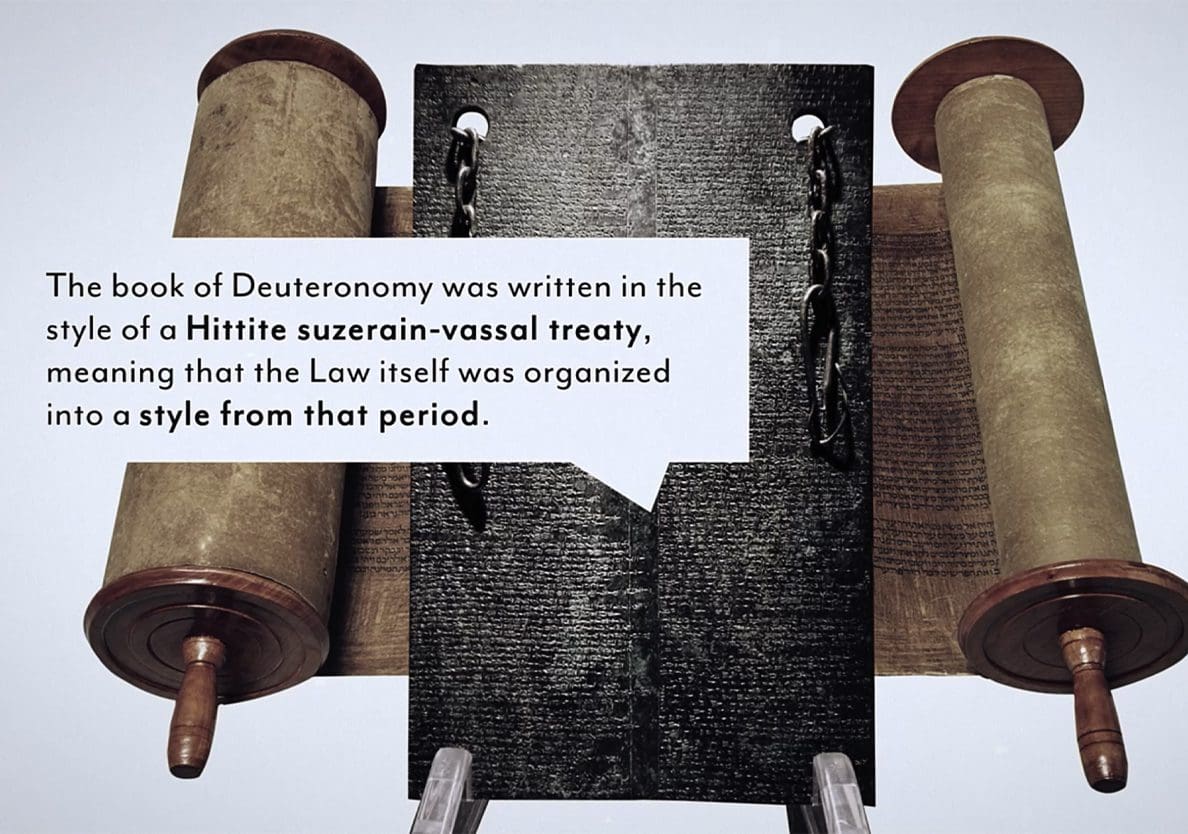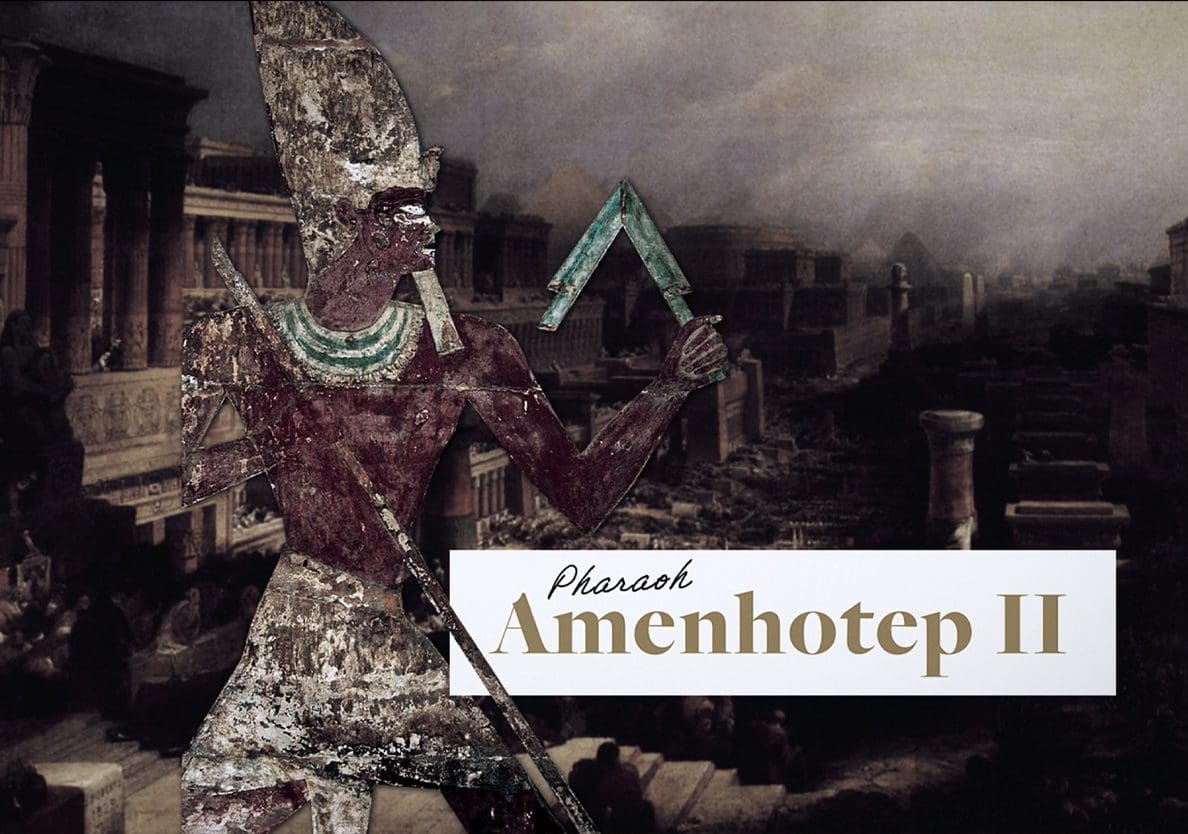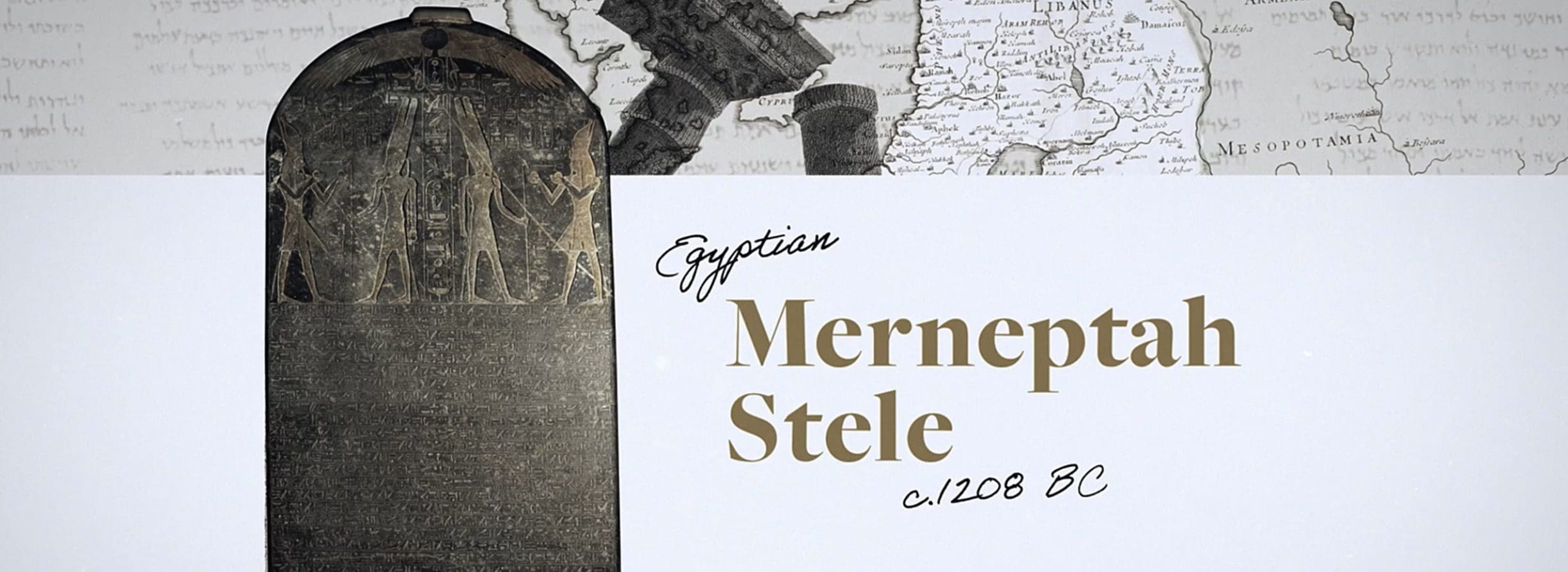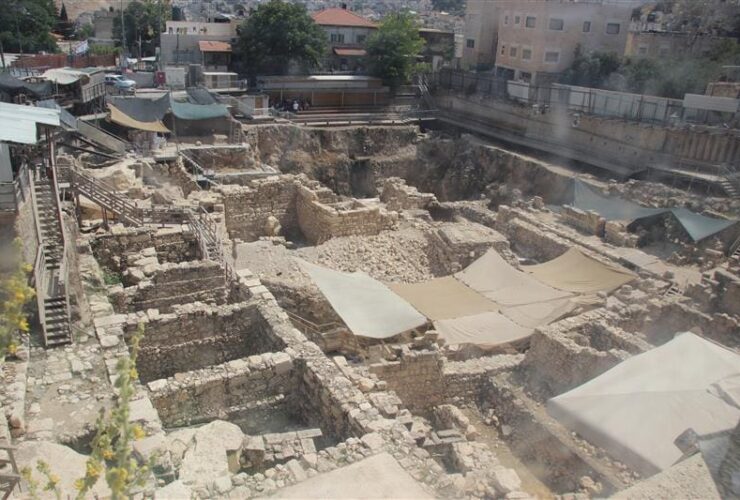The Israelite Exodus from Egypt is one of the most controversial events that the Bible claims as history. Its very nature, however, means that the kind of corroborating evidence that we would expect to find for it would be itself different in nature than many other events. Not only is the claimed Exodus event very ancient (1446BC), but it involves a defeat and humiliation of Egypt, which is not the kind of thing we should expect to find carved on the victory monuments of the pharaohs. Beyond this, the Israelites lived nomadic lives in the wilderness for 40 years before beginning their conquest of Canaan. A people group moving around does not leave the kind of material evidence that a sedentary culture does.
So, when establishing the historicity of the Exodus several lines of evidence must be considered to build a case. A key line of evidence involves the importance of the Exodus as an establishing event. The entire culture of Israel revolved around it. Yearly festivals were observed because of it, events were dated from year of the Exodus, even the very justification for following the Law of God was that God had rescued them from Egypt! The Old Testament has well over 100 references back to the Exodus event. Not only does the Bible tell us that it happened, but the resulting culture of Israel also points back to the Exodus as a foundational event.


Another line of evidence examines the Biblical account of Israel in Egypt to see if it fits what is known about Egypt of that time or if it reflects a later, or spurious reconstruction of it. Could the Exodus account plausibly reflect actual conditions in the areas and cultures? Turns out, yes, the Biblical Exodus account contains timely Egyptian loan words, accurately describes a New Kingdom setting and beliefs. On top of this, there is archaeological and literary proof of Semitic slaves in Egypt. Along with surviving slave names, the city of Avaris has been excavated which would later be known as Rameses. It was a Semitic city that was abandoned sometime after the reign of Amenhotep II, a candidate for the Exodus pharaoh.
The book of Deuteronomy was written in the style of a Hittite suzerain-vassal treaty, meaning that the Law itself was organized into a style from that period. Another line of evidence appeals to Egyptian parallels to the Exodus event. Though this area of research is highly debated among scholars there are texts like the Admonitions of Ipuwer that record the sorrow of an Egyptian official over plagues afflicting Egypt. And there may be Egyptian parallels to the “I AM” name of God revealed to Moses in Exodus 3:14.

Final lines of evidence have to do with Israel’s emergence in Canaan. Israel left some distinctive marks on the landscape of Canaan that appear during the Biblical time of the Judges. Where did they come from? Their distinctive existence on the archaeological record demonstrates that they did come from somewhere. And Egyptian documents themselves, like the Merneptah stele places an established Israel in Canaan by the 12th century, perhaps even earlier (Berlin statue pedestal relief).

Corie Bobechko is a daily co-host, speaker, and writer of Bible Discovery. She also hosts a YouTube channel that shows how history and archaeology prove the Bible. Her heart for seekers and skeptics has led her to seek truth and share it with others. Corie also has a Bachelor of Theology from Canada Christian College.






